Why should I? Stage 1: to avoid punishment
Stage 1: punishment orientation. Toddler age onwards.
In the pre-school years, children do not have their own personal code of morality. “The right thing” is what adults want you to do, and “the wrong thing” is what you are punished for.
Why should I? intro to moral development
“Why should I?”
This is such an important question. We all want our kids to grow up so they can answer that question themselves. To be good people because they choose to be.
Its all about M.E.
“ME!”
This is often a child’s main driver when an argument is occurring. An angry child will generally just consider “me”…what they want. Missing will be a consideration of “you” and what you may want, and “us” and what is best for the relationship.
Unavoidable grief
Since my last post my mother lost her ten year battle with Alzheimers Disease. I’d like to take this opportunity to thank everyone for their love and kind thoughts over the past month. We truly have only one way to get through the grief of losing someone we love…together.
When your child lies to you.
This is one of the more difficult problems that parents are faced with as their child is growing. Around the age of three, children develop the “theory of mind”, in which they discover that not only do they have their own mind, but so too do other people. They gradually realise that
Talking about unspeakable things
I’ve been invited to present a workshop in Malaysia about how to help parents talk to their children about unspeakable things, and it got me thinking about what things are hard to talk about, and why that may be.
It is a common experience when talking with someone about what is bothering them, for there to be a time of silence.
Understanding or Agreeing
I once found myself witnessing a pretty heated conversation between a son and his mother. Well, it wasn’t really a conversation, as the son was making little effort to try to understand the mother’s point of view. Instead, he just kept repeating his complaints, his point of view, and trying to dominate his mother into seeing it his way
Be cool…it’s no big deal
What is “cool”? We know “cool” when we see it, and it is considered in most cultures to be a valuable trait. But what is it? Many people have looked at this and there is no clear answer. But what do cool people all have in common?
Number 5: Playfulness
Perhaps this should have been tip number one.
Playfulness is how children learn best. Sometimes we focus so much on the problems that we forget how to find the fun.
Now of course some things are serious, and sometimes there is no place for flexibility.
Number 4: Rupture and Repair
“The event doesn’t matter…it’s what happens next that matters”.
If parenting is the gradual disappointment of children, then ruptures are unavoidable. In fact they are a good thing. As it is through 1000’s of ruptures and repairs that a child discovers that there is no fear of disappointment,
